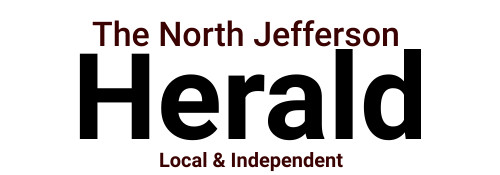
Josh Moody: Is a Reverse Mortgage Right for You?
One of the most frequent questions we get from both borrowers and agents is "What is a reverse mortgage, and will it benefit me? " Let's take a closer look at the reverse mortgage (you may also hear it called a Home Equity Conversion Mortgage, or HE




